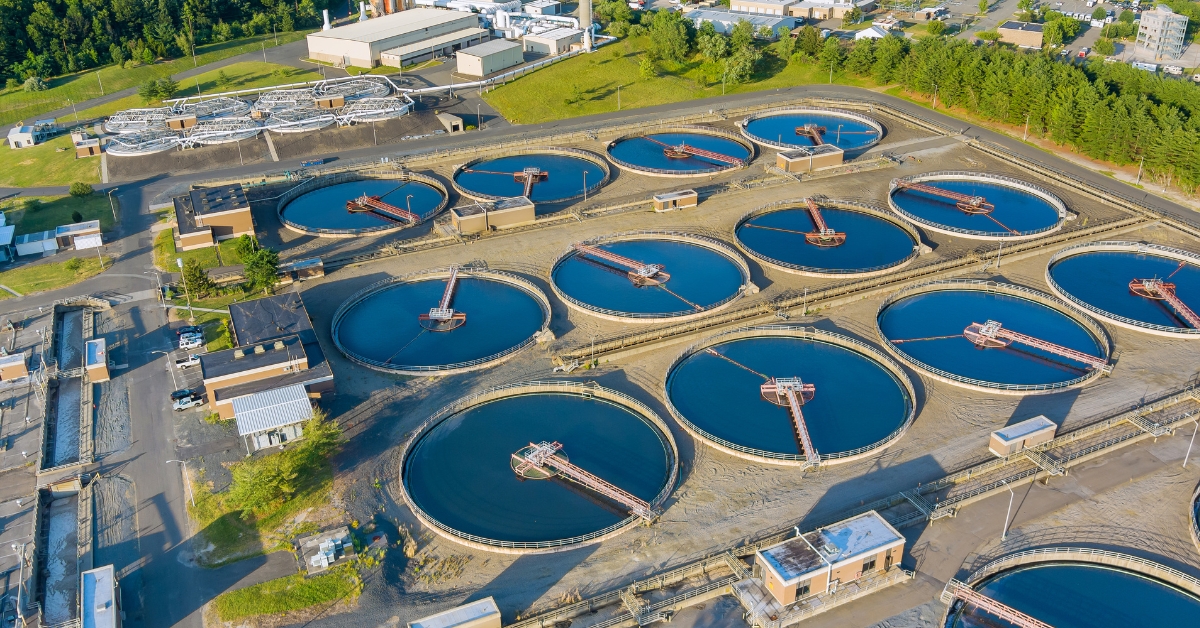
Biden’s Energy Agenda Faces a Setback with the Cancellation of a Major Wind Project
The recent cancellation of the Empire Wind 2 project, once a flagship example of President Biden’s “Bidenomics,” starkly illustrates the gap between ambitious environmental goals and economic reality. The decision by BP and Equinor to scrap this major wind energy project off the New York coast underscores the challenges faced by renewable energy initiatives in the current economic climate.
Empire Wind 2’s termination stems from a cocktail of economic hurdles: inflation, high interest rates, and persistent supply chain disruptions. These factors, which have been impacting various sectors, now seem to have critically undermined what was touted as a cornerstone of America’s clean energy future. The New York State Energy Research and Development Authority (NYSERDA) agreed to terminate the Offshore Wind Renewable Energy Certificate (OREC) for the project, signaling a significant shift in the state’s energy landscape.
This development is a reality check for the Biden administration, which had previously endorsed the project as part of its broader clean energy and economic agenda. In November, the Department of the Interior (DOI) and Department of Energy (DOE) praised the initiative as a success story of “Bidenomics,” projecting it as a symbol of the administration’s commitment to expanding the offshore wind industry and creating good-paying union jobs.
However, the lofty ambitions of the Biden administration have crashed against the hard rocks of economic challenges. Just six weeks after its approval, the Empire Wind 2 project has faltered, contradicting the administration’s claims of economic growth and clean energy development. The DOI’s previous optimism about the project enhancing the American economy and contributing to climate change solutions now seems overly optimistic, if not misplaced.
The cancellation of Empire Wind 2 is not an isolated incident. Orsted, another energy giant, recently halted its Biden-endorsed Ocean Wind 1 and Ocean Wind 2 projects off the New Jersey coast, citing similar economic constraints. These setbacks raise questions about the feasibility and resilience of the green energy initiatives under the current economic conditions.
The narrative of Empire Wind 2’s failure is emblematic of a broader issue: the challenge of aligning environmental aspirations with economic realities. This incident highlights the need for a more pragmatic approach that considers the economic environment. It serves as a sobering reminder that policy and ambition must be grounded in economic viability.
In the end, the demise of Empire Wind 2 not only represents a blow to the Biden administration’s clean energy goals but also underscores the necessity for policymakers to navigate the complex interplay between environmental ambitions and economic constraints. The journey to the promised green energy future is proving to be more arduous than anticipated, demanding a recalibration of strategies and expectations.














